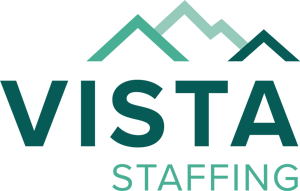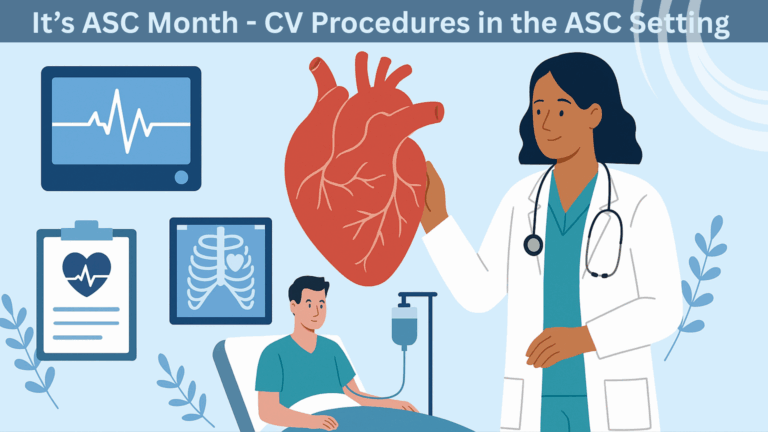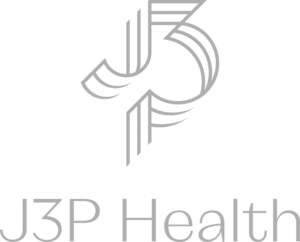“Putting predictability in an unpredictable situation is grounding and comforting to patients.”
A few weeks ago, I received news that no son wants to hear, “Hello Mr. Kirkes, your 84-year-old mother is in our emergency room with a broken humerus.” My mother fell in the middle of the night while getting up to use the bathroom. Normally she is steady on her feet and only requires a cane for long-distance walking. Having a clinical background as an Occupational Therapist, specializing in orthopedic upper extremity trauma and fractures in my clinical years, I was very familiar with these types of proximal humeral fractures in the elderly.
After speaking to the Orthopedic Surgeon, the next day, we both concluded that having the surgery performed in the Ambulatory Surgery Center (ASC) would be best. She would have a nail placed in the proximal humerus to correct the fracture angle, provide optimal stability, and minimize the need to restrict her shoulder movement post-operatively.
Why Visit an ASC for a Geriatric Orthopedic Procedure?
The hardest part of this situation was getting my mother to understand that having her shoulder surgery in an ASC (as opposed to a hospital) and going home the same day was safe and the appropriate course of treatment. My mother thought that she would be in the hospital for a few days given her age and comorbidities. I reviewed with mom all the benefits of going to an ASC and getting back home with home care/therapy. She was all for minimizing the confusion of going into a hospital and having any potential for delays that she had previously experienced when having surgery at her local hospital. Putting predictability in an unpredictable situation is grounding and comforting to patients, like my mom.
A Paradigm Shift in Geriatric Fracture Treatment
According to the American Academy of Orthopaedic Surgeons (AAOS), next to hip fractures, proximal humerus fractures are the most common type of fracture in the elderly from a fall. There is a growing number of geriatric fracture patients and total hip and knee patients that receive surgical care in ASC with exceptional results. As CMS and insurance companies continue to expand authorization of fracture repair and primary total joint replacements in ASC, the cost of care is significantly reduced, and the outcomes and functional results are equal to or better than being admitted to a hospital post-operatively.
An Uptick of Outpatient Surgery
Ambulatory Surgery Centers remain one of the fastest-growing markets in healthcare. Many procedures that traditionally were performed in hospital operating rooms have migrated to freestanding centers often owned by physicians or in a joint venture with a hospital entity. Many times, these facilities are in close proximity to hospitals or part of a hospital network, but not always. According to the American Joint Replacement Registry (AJRR) 2022 Annual Report, the number of ASCs reporting hip and knee replacement data increased to 57% in 2021 with a reporting base of 22, 427 patients in 12 months. This number of reported orthopedic patients is expected to rise significantly in the upcoming years. The AJRR remains the largest data gathering and quality reporting entity for total joint replacements (which is under the AAOS). However, physicians and hospitals are not required to report data to this registry.
Much of this surge in ASC utilization with total joint replacement and increased complex fractures were the result of COVID-19 when many hospitals stopped elective surgeries temporarily or significantly delayed some types of fracture repairs. As a result, many surgeons looked for alternatives for their orthopedic patients if they met patient selection criteria that were appropriate for such a level of surgical care.
Positive Results
In the end, my mother said she felt safe having her fracture repaired in the ASC and was happy with her “on-time surgery” there. In addition, she was able to return home after her fracture repair which eased her anxiety. There is plenty of literature to support that being in familiar surroundings is healing and minimizes delirium in the elderly. I was also able to witness firsthand, what I have seen with hundreds of patients during and after COVID-19, and as a consultant with Corazon, ASCs are capable and well-positioned to perform an array of orthopedic surgeries on the elderly with efficiency, a lower cost of care and superior results.
By: Bradley Kirkes, Director, Corazon, Inc.
For more information on developing an ASC strategy that will help meet the evolving needs of patients in your community, contact the Service Line Experts at Corazon today!
Webinar Recording – The Finances of Spine: Making it Work with the Resources Available (corazoninc.com)

 company
company 
 (412) 364-8200
(412) 364-8200





























